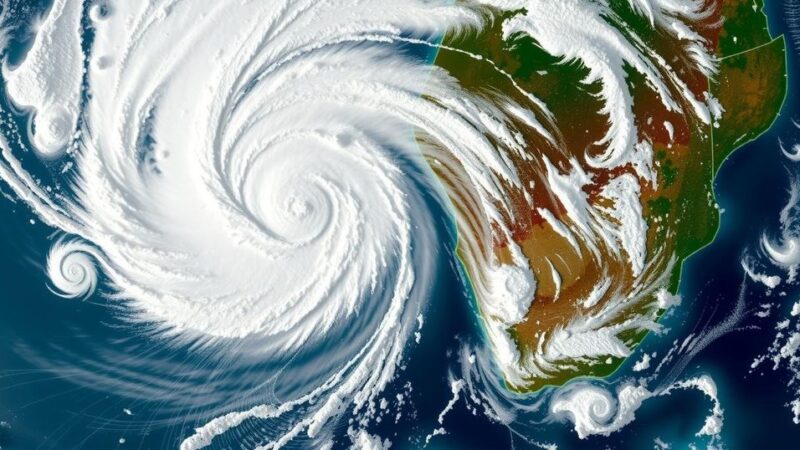The BRICS group is advancing expansion plans, but Venezuela’s potential membership is uncertain. Brazilian officials indicate Venezuela is absent from a preliminary invitation list post-UN discussions, amid tensions following disputed elections in Venezuela. Brasilia has also opposed Nicaragua’s inclusion. The summit in October will address these matters while Russia seeks consensus on new members.
The BRICS coalition, composed of Brazil, Russia, India, China, and South Africa, is preparing for the potential expansion of its membership, with an announcement expected at the upcoming summit in Kazan, Russia, scheduled for late October. However, the prospects of Venezuela obtaining membership appear to be dimming, as indicated by Brazilian officials who discussed preliminary discussions held at the United Nations. Reports indicate that Venezuela’s name was absent from a tentative list of countries proposed by Russia for BRICS expansion. As the current chair of BRICS, Russia is working to cultivate a consensus among existing members regarding new invitations. At the UN General Assembly, Belarusian Foreign Minister Maxim Ryzhenkov hinted that the bloc could invite up to ten new members in this latest expansion. Earlier this year, BRICS welcomed Iran, Ethiopia, the United Arab Emirates, and Egypt as new member states in January. Brazilian diplomats have noted that discussions regarding expansion are still in their nascent stages, primarily involving foreign affairs ministers and diplomats, meaning that no final decisions have been reached. Tensions surrounding Venezuela’s inclusion have intensified, particularly following the controversial elections held in July, which further strained relations between Brazilian President Luiz Inacio Lula da Silva and his Venezuelan counterpart, Nicolas Maduro. Brazil has joined other nations in requesting a comprehensive disclosure of voting records from the Venezuelan National Electoral Council (CNE) to verify the legitimacy of the election results, which resulted in Maduro securing another six-year term. Additionally, Brazilian officials have reportedly opposed the inclusion of Nicaragua, a close ally of Russia, after deteriorating diplomatic relations with its President, Daniel Ortega. During meetings at the UN, Venezuela’s Foreign Minister Yván Gil stated that the country was actively engaging in BRICS meetings while awaiting formal recognition as a member. President Maduro has subsequently issued a warning to the United States and its allies about possibly reallocating oil and gas resources to BRICS nations, pointing to increased pressure over the disputed election results. The forthcoming expansion may involve designating these nations as partner countries rather than granting full membership status. Moreover, BRICS members are also exploring the establishment of a joint payment and settlement system aimed at facilitating trade among themselves, as articulated by Russian President Vladimir Putin during a recent meeting.
The BRICS organization, initially founded to enhance economic cooperation and provide an alternative platform for emerging economies, is currently considering additional members to bolster its influence on the global stage. The group’s existing members represent a significant portion of the world’s population and economic output. However, the admission of new member states requires consensus and the careful alignment of geopolitical interests, particularly given the diverse political landscapes of the candidate nations.
In summary, while the BRICS organization is on the brink of expanding its membership, Venezuela faces significant hurdles in its quest for inclusion amidst geopolitical tensions, especially with Brazil’s current leadership. The deliberations surrounding expansion underscore the complex interplay of diplomacy and international relations within the BRICS framework, where each member’s concerns weigh heavily on decisions that could reshape the bloc’s future. The dynamics of this situation will continue to unfold as BRICS prepares for its significant summit in Kazan.
Original Source: www.intellinews.com







